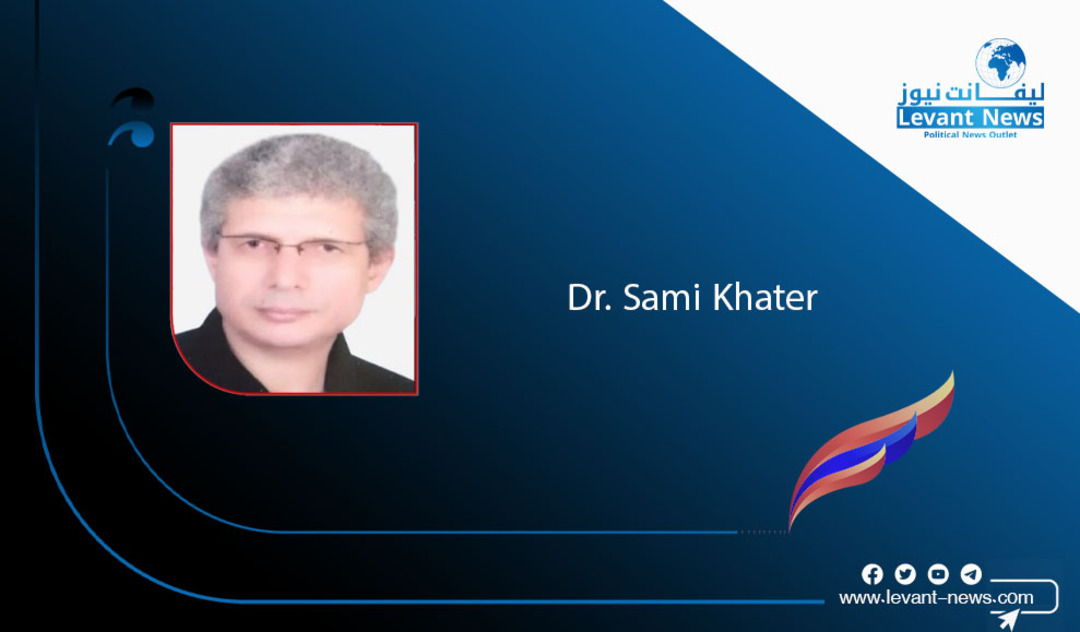-
What Really Happened Behind the Scenes?

Will the Regime of the Mullahs Become a "Nuclear Republic" After the 12-Day War Play?
Behind the scenes, deep settlements and covert negotiations took place. It seems that the 12-day war was merely a calculated theatrical play, aimed at transforming the regime of the mullahs into a "nuclear republic" in practice, without an official declaration, but with an implicit international approval. A temporary green light appeared behind the scenes; since the first day, Israel's response was not comprehensive or lethal despite its strength. Instead, it seemed more like a punishment rather than a destruction. Iran’s response was carefully planned, with strikes that were symbolic and tactical, avoiding strategic nuclear or missile escalation. Washington played the role of a maestro, allowing the conflict to proceed to a certain extent, then pushing for a ceasefire as if overseeing a "rehearsal."
Activating Secret Negotiation Channels
In recent days, leaks emerged about French-Amman mediations and U.S.-Iranian backchannel talks through Muscat or Baghdad. Some credible sources spoke of a clandestine offer: Iran would retain an advanced nuclear program without detonating or declaring it, in exchange for a long-term calm with Israel and a halt to support for some armed groups.
After the Oil Deal and Silence... Will Iran Become a Nuclear Republic Post-War?
Along with the war, some restrictions on Iranian oil exports have quietly been eased. This might be part of an undisclosed deal: "Nuclear stability in exchange for energy market stability." Yes, but in a new pattern—one of silent nuclear diplomacy. Post-war, the mullahs have moved closer than ever to the "nuclear threshold," meaning they could develop a nuclear bomb within months—without officially announcing it. The war has created a new reality: the world tested Iran’s "response," which was not catastrophic, and the international silence, encouraging the regime’s resilience, is not new. It’s likely the situation will evolve into a Pakistan or Israel-like model: a state with nuclear capability without an official declaration.
The 12-day war was more of a "strategic theatrical play" than a decisive war. It set new lines in the nuclear game, implicitly acknowledging that Iran is no longer merely a besieged state but nearly a nuclear one, bargaining with its regime rather than seeking its overthrow. The most tragic scene is that all this happened while the Iranian people stand in line, waiting for bread, not a bomb.
What Really Happened? Who Is the Loser? Who Is the Winner? Why does the West insist on empowering the regime of the mullahs after aiding occupation authorities in Palestine—providing reasons to erase Gaza and severely damage the Palestinian cause?
What took place is not just a short war between Iran and Israel, but a new chapter in the reshaping of the Middle East, led by major powers based on interests, not principles. The 12-day war was a calculated, limited conflict, not a random explosion. It was a mutual power test between Tel Aviv and Tehran under Western oversight, with media and political cover to pass secret agreements and shift geopolitical balances.
Who Are the Winners and Losers?
The Israeli occupation is the biggest winner, having achieved strategic objectives: weakening resistance, binding Iran with deterrence limits, and legitimizing further violence against Gaza. Iran also claims a "moral victory," strengthening internal legitimacy and proving it as a regional power not to be bypassed. The U.S. and the West gained temporary stability in the oil market and a balance that protects their interests without direct engagement in a major war.
The biggest losers are the Iranian people, Arab states and peoples, Gaza, and the entire Palestinian cause due to destroyed infrastructure, reduced media coverage, and sidelined regional actors.
Why Does the West Insist on Empowering the Mullah Regime and Occupation Authorities?
An Old "Divide and Conquer" Policy Masked in a New Form
The West does not want a stable Middle East; it prefers a divided, inflamed, controllable region. It sees the sectarian regime in Tehran as beneficial in maintaining Sunni-Shia division. The ongoing occupation of Palestine provides a perpetual pretext for intervention and keeps "terrorism" as an excuse.
Exploiting the Conflict Management and Reshaping the Palestinian Issue
Israel and Iran are strategic proxies ensuring Western interests and suppressing Arab renaissance. Iran is used as a "boogeyman" to scare the Gulf states and blackmail Arabs, ensuring continued arms and oil deals. After setbacks of the Arab Spring, the Palestinian issue is no longer just ignored; it’s being redefined—Gaza is labeled as terrorism, resistance is besieged, and Palestinians are forced to surrender under the cover of "Abrahamic peace."
Sami Khater
Tags
You May Also Like
Popular Posts
Caricature
opinion
Report
ads
Newsletter
Subscribe to our mailing list to get the new updates!




















